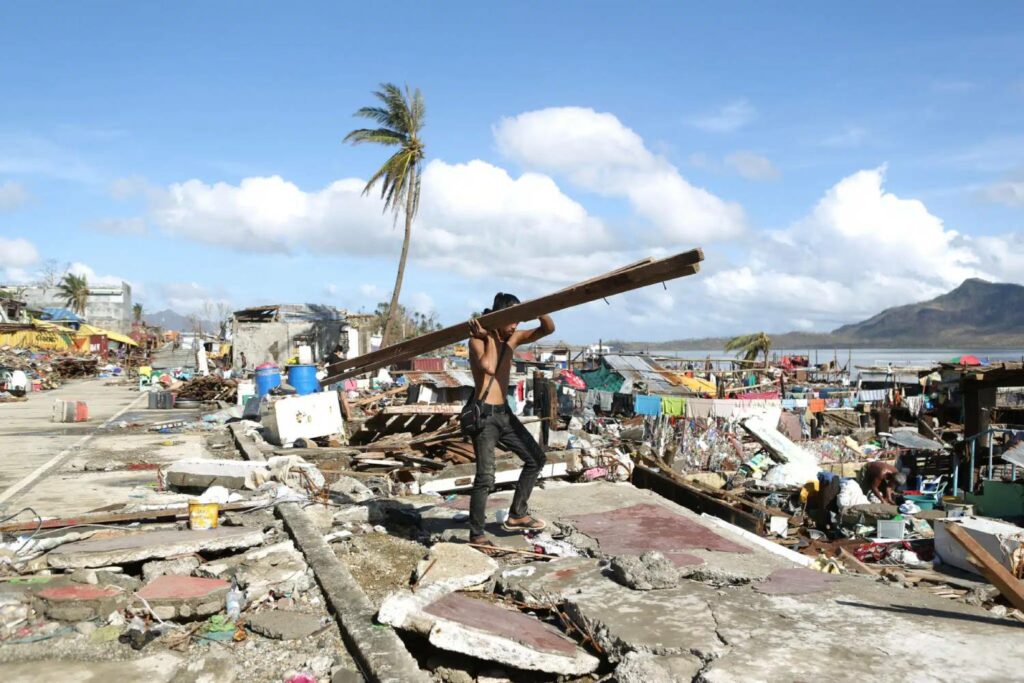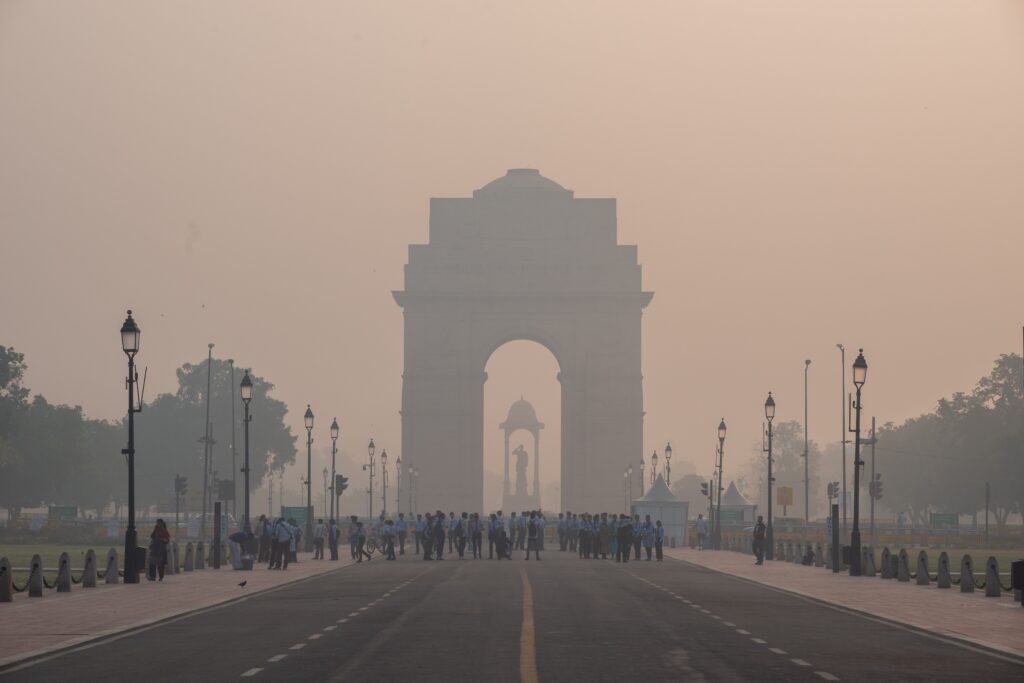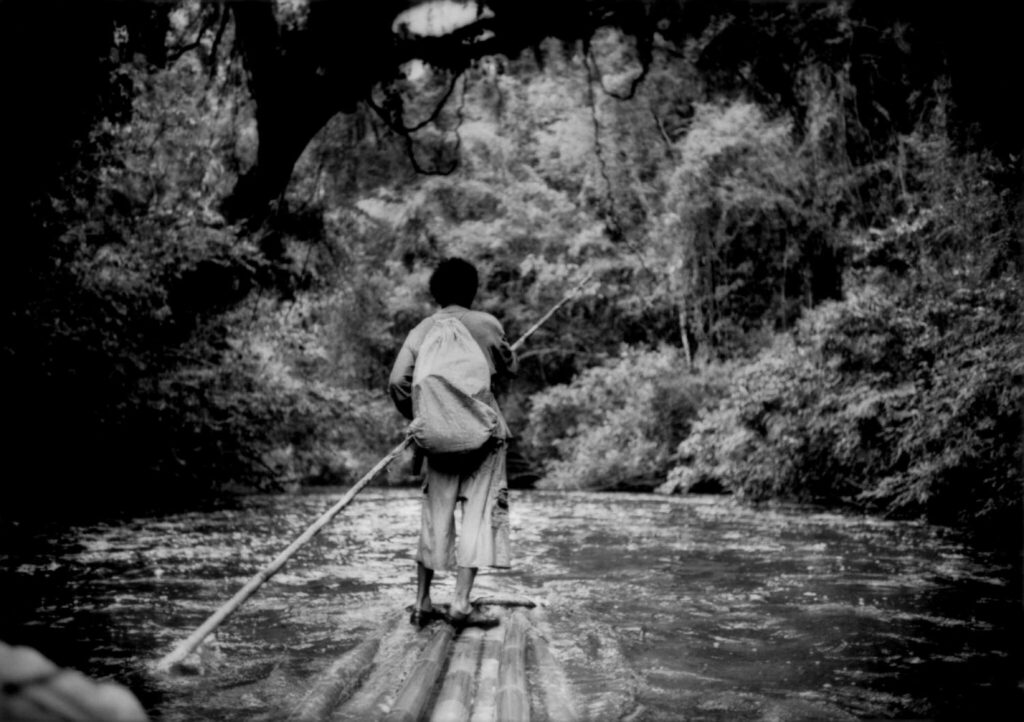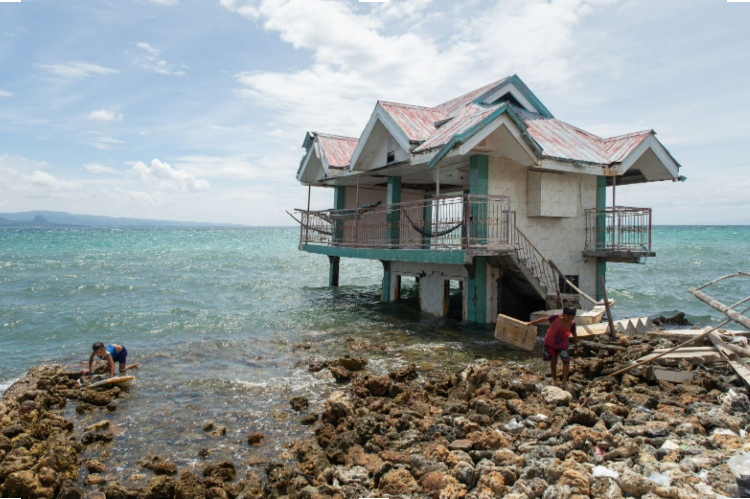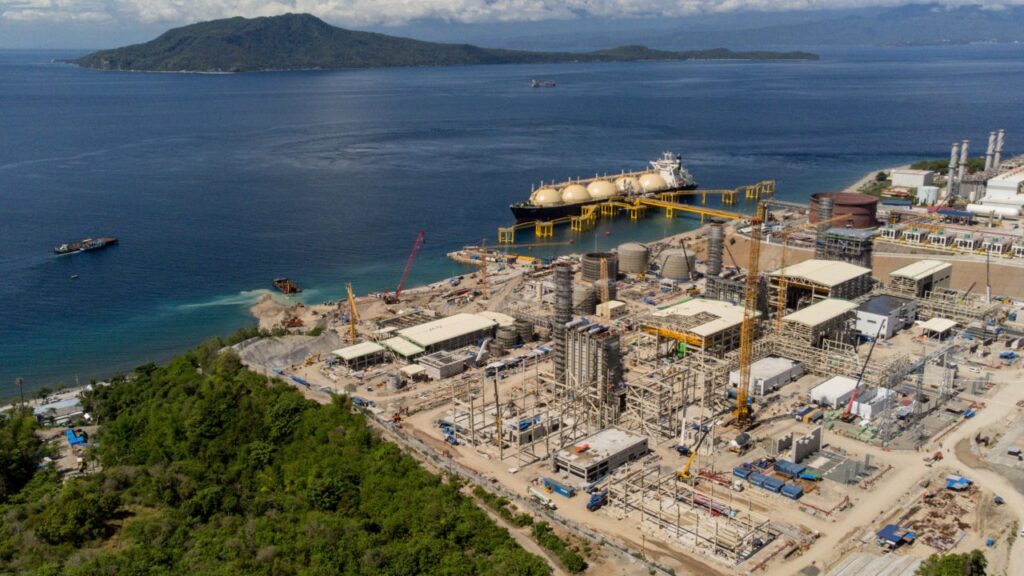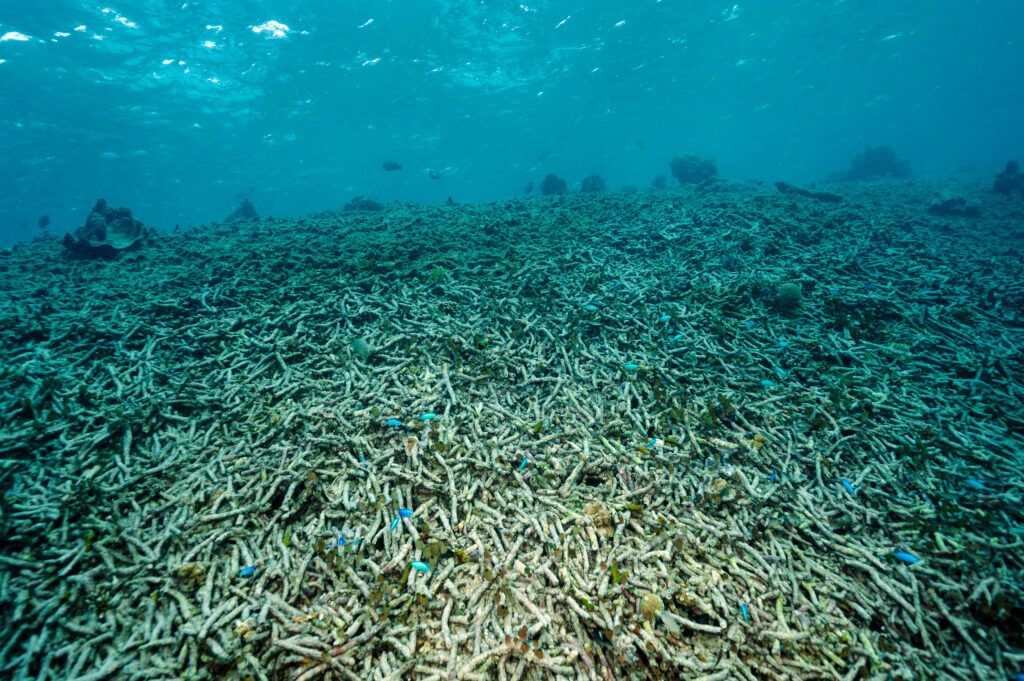Japan Bank for International Cooperation (JPIC) is financing the building of a 1,313 MW combined cycle fossil gas plant in Ilijan in the Philippines, and proponents are framing it as essential for ensuring energy security. However, there is strong opposition against this Verde Island Passage LNG project.
“Fossil finance does not only threaten the environment, but it also triggers a worse electricity crisis and takes us further away from a clean energy future,” said Gerry Arances, executive director of the Center for Energy, Ecology, and Development, a Philippines-based NGO.
The LNG project is led by Atlantic Gulf & Pacific Company (AG&P) – jointly owned by Japan’s Osaka Gas and JBIC. Local Philippine partners include three of country’s top energy firms – Aboitiz Power, Meralco PowerGen (MGen) and San Miguel Global Power (SMGP).
Threatening Marine Biodiversity and Harming Local Communities
The Verde Island Passage has been called an “Amazon of the oceans” and is a marine corridor teeming with life. At the heart of the Coral Triangle, it boasts a high concentration coral species, underwater rock canyons and reef formations, and its rich waters provide sustenance and livelihoods to over 2 million Filipinos. Already, construction of the plant in Batangas Bay is harming ecosystems, something locals fear will worsen when the plant is fully operational and LNG tankers bring fossil gas from Palawan to fuel the facility.
Edwin Gariguez, social action director of the Vicariate of Calapan, a local religious community group, said that pursuing these fossil gas projects “is planting illness at the very heart of a global epicentre for marine biodiversity in the world.” He added, “Life in the Verde Island Passage must continue thriving to sustain the millions of Filipinos who rely on it for food and to make a living.”
The fact that such an important ecosystem is being threatened by JBIC against the will of the local community is stunning and saddening.
Standing up for the protection of the Verde Island Passage in the Philippines are coastal community residents, who don’t want to see their livelihoods lost due to the unnecessary expansion of unneeded LNG.
In December 2023, a local fisherfolk group filed a complaint against JBIC on the bank’s failure to monitor Atlantic Gulf & Power’s compliance with Philippine laws and to properly classify the environmental sensitivity of the project.
“We the fisherfolk in the VIP are facing a very difficult life,” said fisherfolk leader Maximo Bayubay at a press conference. “Aside from declining fish catch, fossil gas [projects] are sprouting here and there, producing very dirty emissions that are dangerous to human health and polluting the Verde Island Passage.”
Even the Catholic Church in the Philippines has joined in support of the protests, which urge divestment from LNG projects that put the Verde Island Passage at risk.
Both JBIC and the Japanese government have published environmental guidelines that should, in theory, limit investments in projects with significant community or environmental impacts. In this case, the guidelines are being willfully violated, with no repercussions so far.
Regional LNG Expansion
Unfortunately, the Verde Island Passage LNG plant is just of many JBIC-supported LNG projects across Asia, the main growth market for fossil gas globally.
LNG Investment by Country

The concern is that JBIC is pushing LNG over increasingly cheaper, more effective and more sustainable solutions such as solar, wind, geothermal or wave energy. These sources could produce power without as many harmful environmental or climate impacts.
“We are a country whose abundant renewable energy resources make a 100% transition aligned to the 1.5 °C climate goal possible. The focus should be on unlocking this, and not in putting up more gas,” said Arances.
One of the key drivers behind this push is the idea that LNG is better than coal, the primary power generation source in the Philippines, and can play a role in helping transition away from dirtier fuels. But the science is increasingly showing that LNG, due to methane leaks, transportation costs and more “likely contributes more to planetary warming than previously thought”, with some climate scientists arguing that it’s “at least 24 percent worse for the climate than coal”.
Moreover, it does not make economic sense, as it’s is neither a secure nor reliable fuel source, particularly for less wealthy or developing countries like the Philippines.
“JBIC’s partnership with the Philippines’ biggest fossil fuel champions shows how Japan, clearly, is championing the gas as a ‘bridge fuel’ deception at the cost of the Philippines’ climate ambitions,” said Arances.
Groups and locals in the Verde Island Passage are awaiting a response from the JBIC about the complaint. The hope is that construction will be halted, and the passage will be saved. The last thing the marine ecosystem, or the climate, needs is another LNG plant.
Nithin Coca
Journalist, Japan
Nithin Coca covers climate, environment, and supply chains across Asia. He has been awarded fellowships from the Solutions Journalism Network, the Pulitzer Center, and the International Center for Journalists. His features have appeared in outlets like the Washington Post, Financial Times, Foreign Policy, The Diplomat, Foreign Affairs and more.
Nithin Coca covers climate, environment, and supply chains across Asia. He has been awarded fellowships from the Solutions Journalism Network, the Pulitzer Center, and the International Center for Journalists. His features have appeared in outlets like the Washington Post, Financial Times, Foreign Policy, The Diplomat, Foreign Affairs and more.

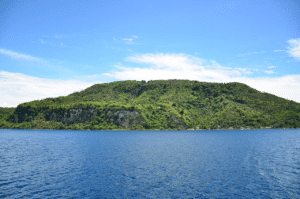
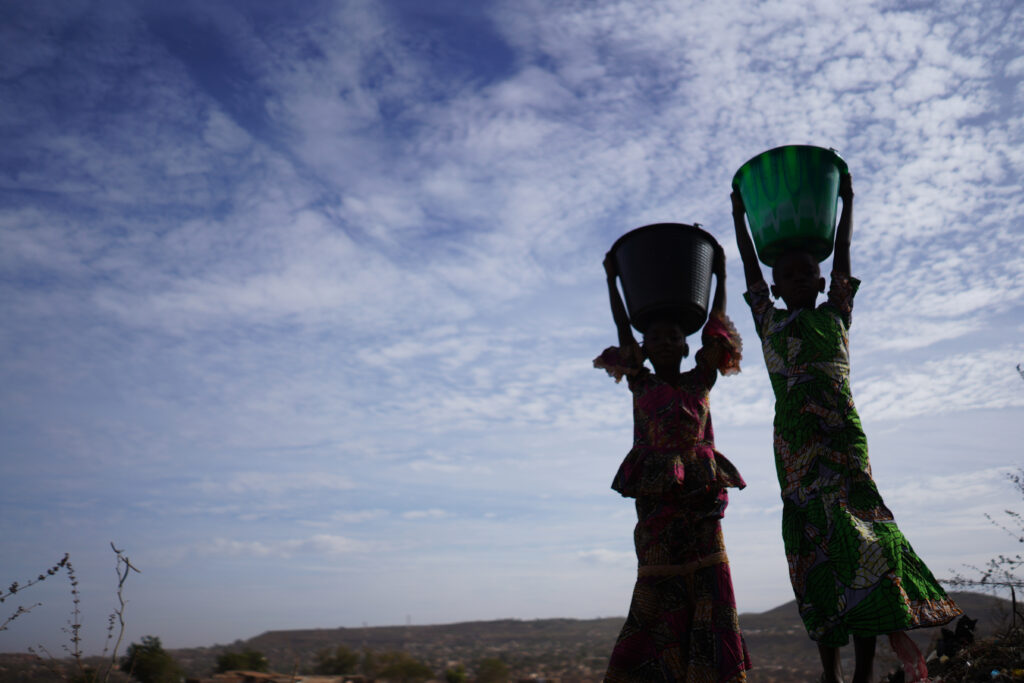
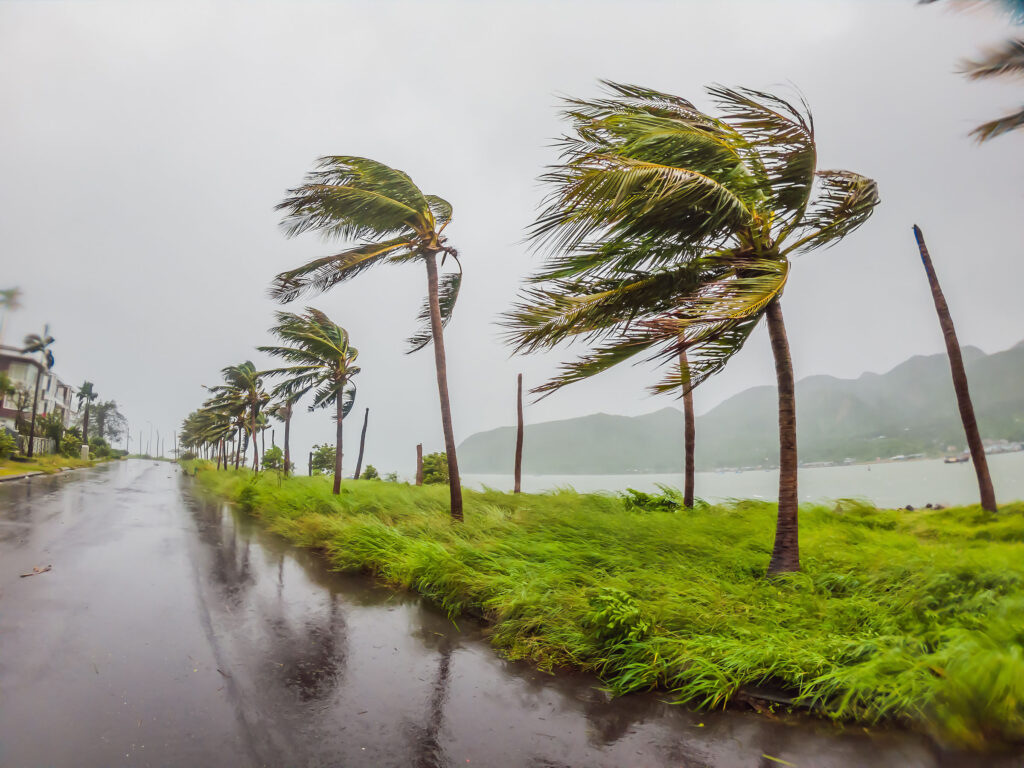
![Raja Ampat, A (Mis)fortune Beyond Beauty? [Op-Ed]](https://www.climateimpactstracker.com/wp-content/uploads/2025/07/shutterstock_2488631665-1024x575.jpg)
